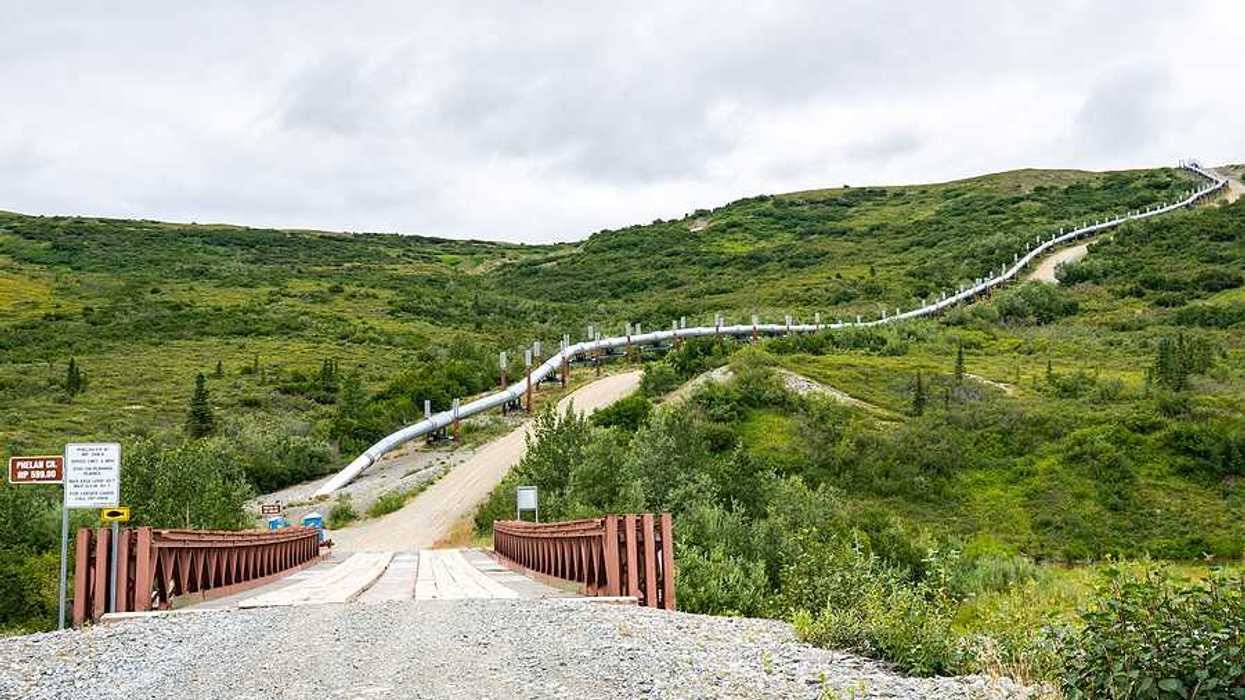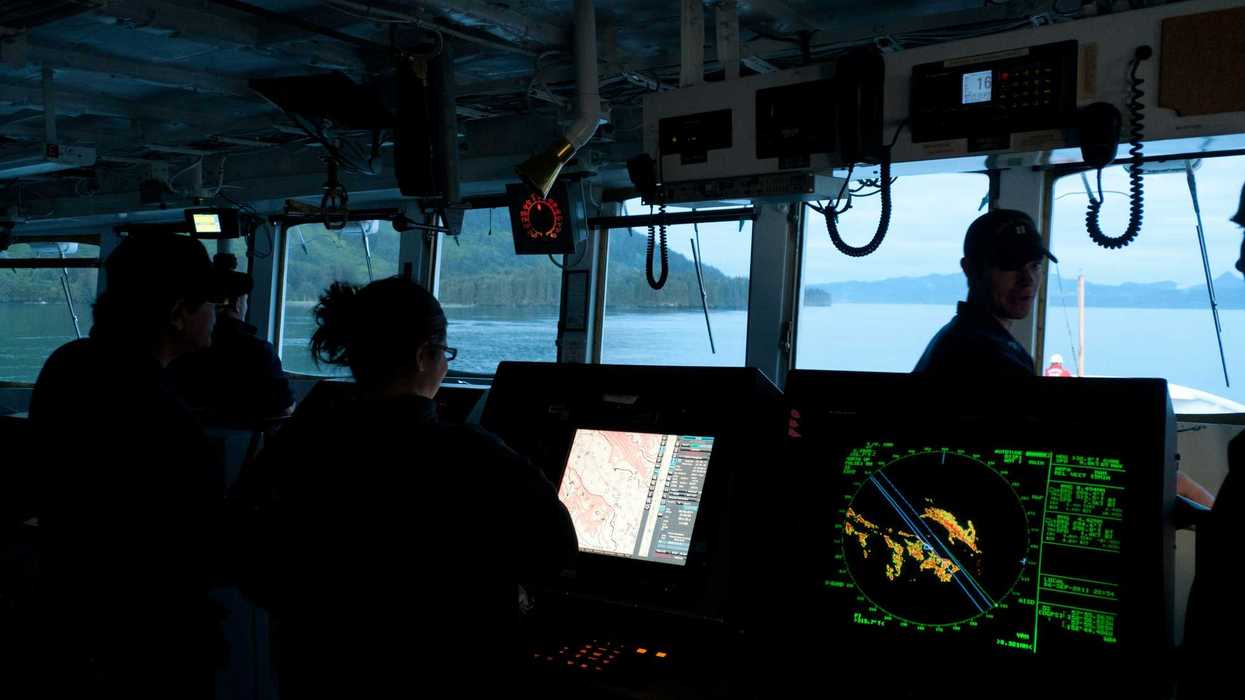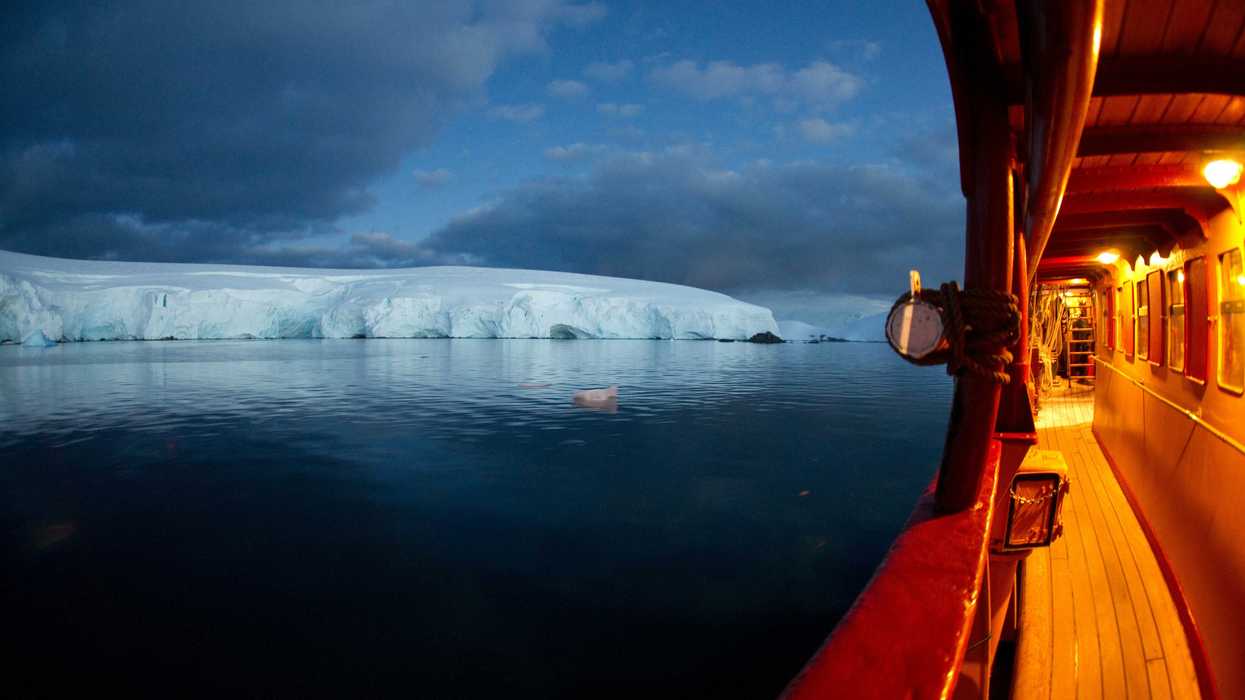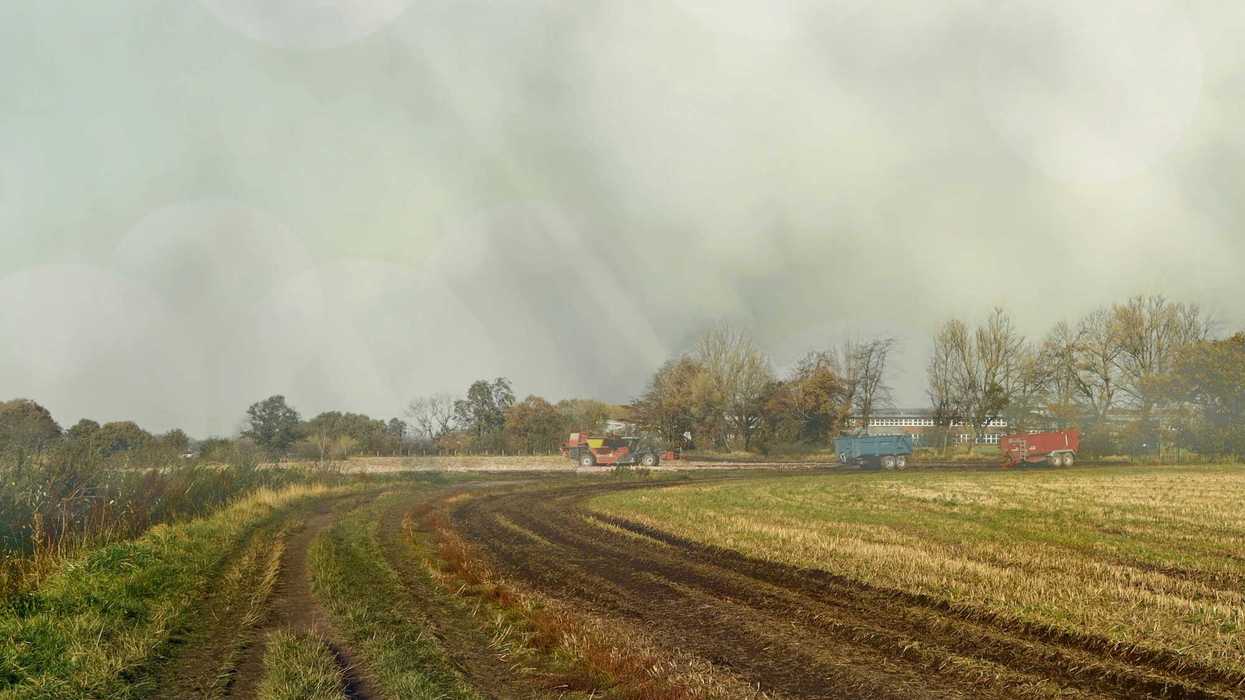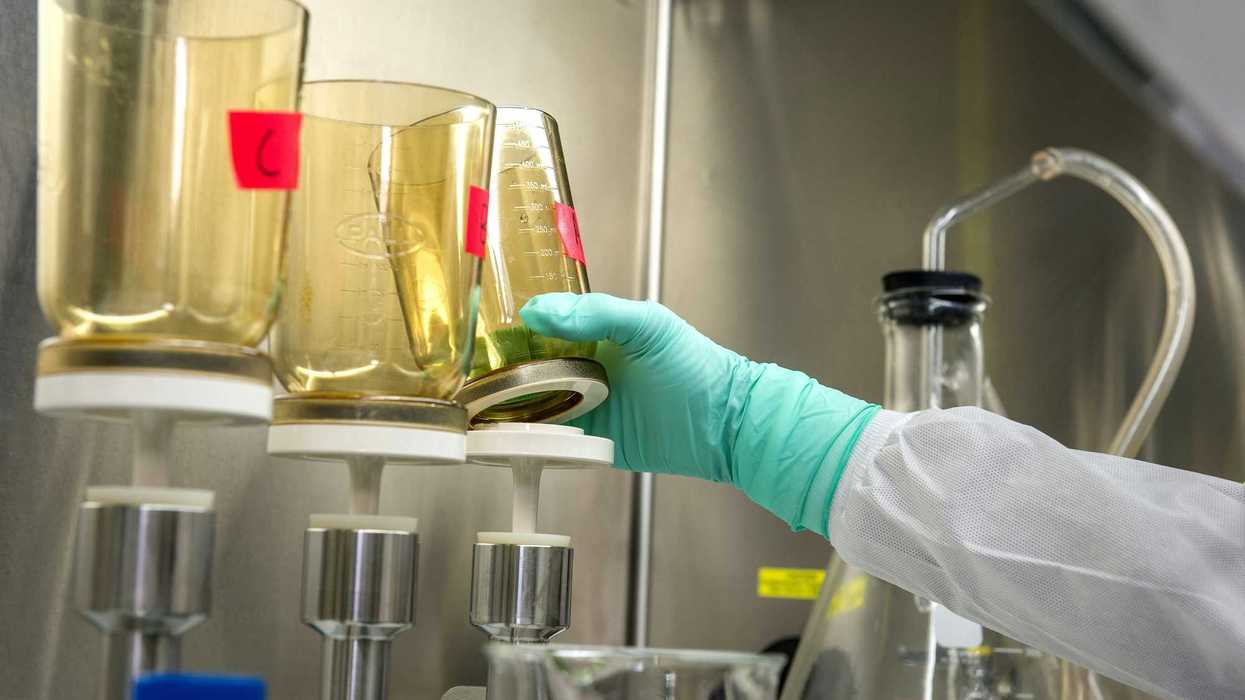Maine's oyster farmers are replacing plastic equipment with eco-friendly alternatives to reduce ocean microplastics and improve aquaculture sustainability.
Kirsten Lie-Nelsen reports for The Boston Globe.
In short:
- Microplastics, found abundantly in the Atlantic Ocean, pose risks to marine life and human health.
- Oyster farmers like Abigail Barrows and Adam Campbell are experimenting with plastic-free cages made from wood, aluminum, and other sustainable materials.
- These innovations aim to create scalable, cost-effective solutions for the growing oyster industry.
Key quote:
“Our goal is to make plastic-free gear with as many local materials as possible. And to make it price competitive. That’s been the hard thing, because plastic is subsidized and mass produced. But you know, the true cost of plastic is what you do with it when [you’re done using it].”
— Abigail Barrows, owner of Deer Isle Oysters
Why this matters:
Reducing plastic in oyster farming can help protect marine ecosystems and human health. Traditional plastic gear, ubiquitous in aquaculture, often degrades over time, shedding microplastics that infiltrate marine food chains. These tiny plastic particles pose significant threats to marine life and human health alike, accumulating in organisms and potentially making their way to our dinner plates.


